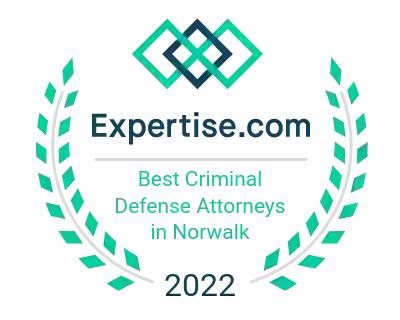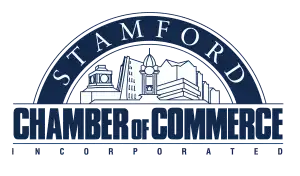Wilton Child Pornography Lawyer
Being arrested on the suspicion of possessing, distributing, or producing child pornography can alter every part of your life almost overnight. While it is possible to proactively fight back against allegations of this nature, you will likely have a vast and potentially insurmountable challenge ahead of you if you try to represent yourself without a skilled sex crimes attorney. Seeking assistance from a Wilton child pornography lawyer who knows how to handle sensitive situations like this effectively can make a huge difference in your chances of securing a favorable case outcome.
How Does State Law Classify Child Pornography Offenses?
Possession of child pornography is separated into three degrees of severity under the Connecticut Penal Code. Each of these is differentiated by the amount of different visual depictions of a minor engaged in sexually explicit conduct the defendant was found in possession of and, in some situations, the specific type of conduct depicted. Possession of less than 20 such images or sequential video frames is a Third-Degree offense, and considered a Class D felony, under Connecticut General Statutes (C.G.S.) § 53a-196f. Possession of between 20 and 50 items is a Second-Degree offense, a Class C felony, under C.G.S. § 53a-196e.
Additionally, owning any of the following amounts or forms of child pornography may be prosecuted as a First-Degree offense, a Class B felony, in accordance with C.G.S. § 53a-196d:
- 50 or more illicit images;
- One or more illicit images depicting the threatened or actual infliction of serious physical injury;
- Any videotape or film depicting multiple minors engaged in sexually explicit conduct; or
- Any videotape or film depicting more than one sexually explicit act by one or more minors.
Knowingly importing child pornography into Connecticut is categorized as a Class B felony under C.G.S. § 53a-196c. As a Wilton child pornography attorney can explain, all the offenses mentioned above are punishable upon conviction by a mandatory minimum prison term. This means that a certain period of the prison term cannot be reduced or suspended by a court, and incarceration lengths range from one to five years, depending on the offense.
Are There Affirmative Defenses to Child Porn Possession?
There are two specific scenarios defined in the Connecticut Penal Code under which a person charged with possessing child sexual exploitation imagery (CSEI) legally cannot be convicted in court. Any person who possessed a visual depiction of a nude person under 16 years of age for a “bona fide artistic, medical, scientific, educational, religious, government, or judicial purpose” has not violated state law in any way.
In addition, someone who receives fewer than three illicit images unintentionally and immediately notifies law enforcement and/or takes reasonable steps to destroy the pictures can use those actions as an affirmative defense against being charged. A CSEI attorney in Wilton can discuss these and other possible defense strategies in more detail during a confidential consultation.
Talk to a Wilton Child Pornography Attorney About Your Legal Options
Child pornography charges are taken extremely seriously by Connecticut law enforcement officers and judicial authorities. An accusation alone can have catastrophic effects on your personal and professional life. Something this sensitive and high stakes should never be handled alone.
Assistance is available from a qualified and tenacious Wilton child pornography lawyer from Mark Sherman Law. Call us today to schedule a private meeting, and click here to check out our Avvo profile with over 300 certified reviews.












